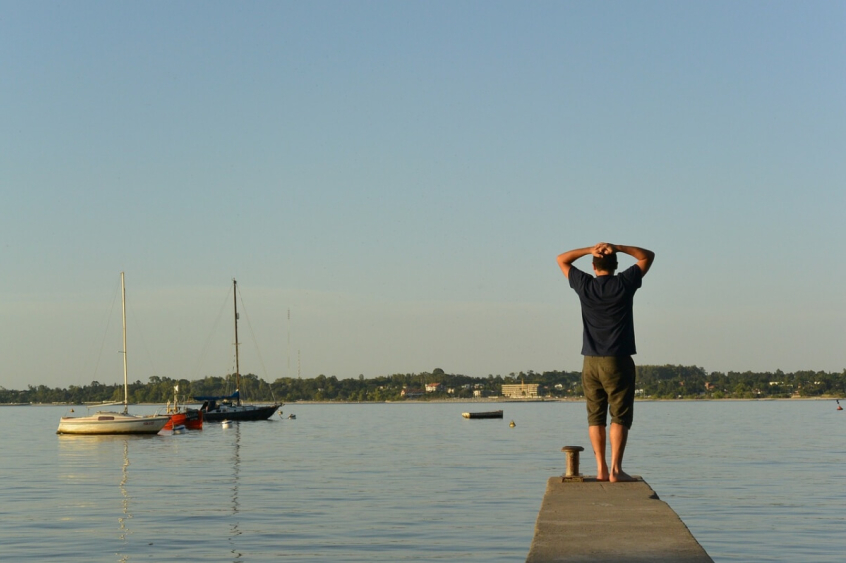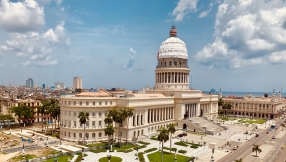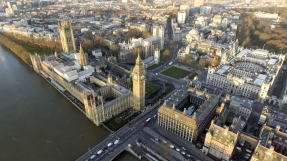
The Bible presents to us many lessons through the people included in its pages. One of the figures in it, Jesus' very own disciple Thomas, gives us a few important things to learn.
Who is Thomas and what can we learn from him?
A man known for his doubt
Thomas, also called the "Twin," is one of Jesus' own disciples who walked with Him and saw Him do amazing things. Many people today know him as "doubting Thomas," owing to the fact that he doubted Christ's resurrection.
We read of this account in John 2:24-29.
"Now Thomas, called the Twin, one of the twelve, was not with them when Jesus came. The other disciples therefore said to him, "We have seen the Lord."
So he said to them, "Unless I see in His hands the print of the nails, and put my finger into the print of the nails, and put my hand into His side, I will not believe."
And after eight days His disciples were again inside, and Thomas with them. Jesus came, the doors being shut, and stood in the midst, and said, "Peace to you!" Then He said to Thomas, "Reach your finger here, and look at My hands; and reach your hand here, and put it into My side. Do not be unbelieving, but believing."
And Thomas answered and said to Him, "My Lord and my God!"
Jesus said to him, "Thomas, because you have seen Me, you have believed. Blessed are those who have not seen and yet have believed.""
This account gives us several insights into this man, and what we can learn from them.
1) Doubt impaired his ability to believe
The account tells us that Thomas wasn't there when the risen Lord Jesus showed Himself to His disciples. The disciples who saw the Lord told him that Jesus is alive, but he wouldn't believe them.
Think about this: Thomas walked with the other disciples and with the Lord, and yet his doubt rendered him unable to believe their testimony, as well as what the Lord Jesus told them before His suffering and death. His doubt disabled his ability to believe.
In the same way, our doubts, when allowed, will not allow us to believe anymore. We must be careful not to doubt, but to believe.
2) Faith does not depend on tangible proof
We also read in the passage how Thomas said that unless he sees proof of Christ's resurrection, he won't believe it. While there is proof that indeed Christ is risen, believing something simply because there's tangible proof will not make it faith anymore.
Hebrews 11:1 tells us that "faith is the substance of things hoped for, the evidence of things not seen." By faith, we are able to believe in God who is unseen, yet true. Without faith we won't be able to see God's glory (see John 11:40), and without faith we won't be able to please Him (see Hebrews 11:6).
We must choose to believe in God, even if the only thing we are holding on to is His word.
3) God wants us to believe in Him even if we don't see Him
Lastly, while it was OK for Christ to show Himself to Thomas and give him proof that He's alive, we read Him expressing His desire for people to believe in Him, even if they haven't seen Him yet.
"Jesus said to him, "Thomas, because you have seen Me, you have believed. Blessed are those who have not seen and yet have believed."" (John 20:29)
God wants us to believe in Him even without tangible proof. That's evidence of our faith in Him.













